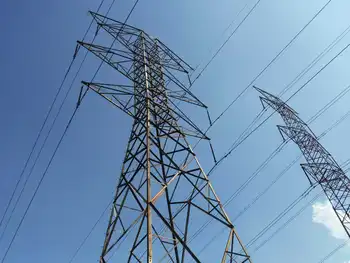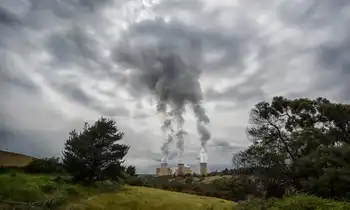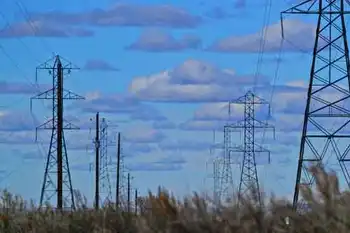Kentucky looking to nature for energy production
Of course, there are obstacles. But some are looking to the biomass and biofuels industry as a possible financial boon for farmers and woodland owners in the state.
"We certainly see the project as something very, very important to agriculture," Kentucky Farm Bureau President Mark Haney, who also operates a large Pulaski County apple orchard, said in the Lexington Herald-Leader.
Beshear's task force held its first meeting recently. The governor has tasked the panel with studying Kentucky's production capacity and the potential demand for turning it into ethanol or other fuel, the newspaper reported.
Beshear wants a report by November 30, along with recommendations on any legislation that's needed for Kentucky to develop the biomass industry.
Landowners are excited about the possibility of being able to earn some money from low-grade timber by selling it as a fuel, said Betty Williamson, president of the Kentucky Woodland Owners Association. That timber currently has little value.
There's an increasing demand for such fuels, because of mandates to use more renewable energy sources in the production of transportation and power-plant fuels, said Frank Moore, biofuels director for the Energy and Environment Cabinet. Without its own source of such fuel, Kentucky will be forced to look elsewhere, Moore said.
"We have to move to biomass," Moore said.
Each of Kentucky's 120 counties can grow and sustain biomass for fuel production, if managed properly, Moore told the panel. Moore said he thinks it could bring in possibly even more money than the state's signature horse sales, the newspaper reported.
But the possibilities also present challenges.
Funding, for example, is one hurdle, said Roger Thomas, executive director of the Governor's Office of Agricultural Policy.
Other questions include how to store and transport the bulky material, exactly how to process it and what kind of incentives could be used to boost the industry's development. Another question lies in whether food production could be diminished because land would be used to produce fuel instead.
Len Peters, secretary of Energy and Environment Cabinet, who co-chairs the panel with Thomas, said coal will still be part of Kentucky's overall energy plan. Nevertheless, biomass is coming, he said.
"Biomass is going to be very, very important as we move forward," Peters said.
Related News

Ontario announces SMR plans to four reactors at Darlington
TORONTO - The day after Ontario announced it would be building an additional 4,800 megawatts of nuclear reactors at Bruce Nuclear Generating Station, the province announced it would be dramatically expanding its planned rollout of small modular reactors at its Darlington Nuclear Generating Station.
Ontario Power Generation OPG was always going to be the first to build the GE-Hitachi BWRX-300 small modular reactor SMR, with the Tennessee Valley Authority, SaskPower and several European nations following suit. But the OPG was originally going to build just one. On July 7, OPG and the Province of Ontario announced they would be bumping that…




